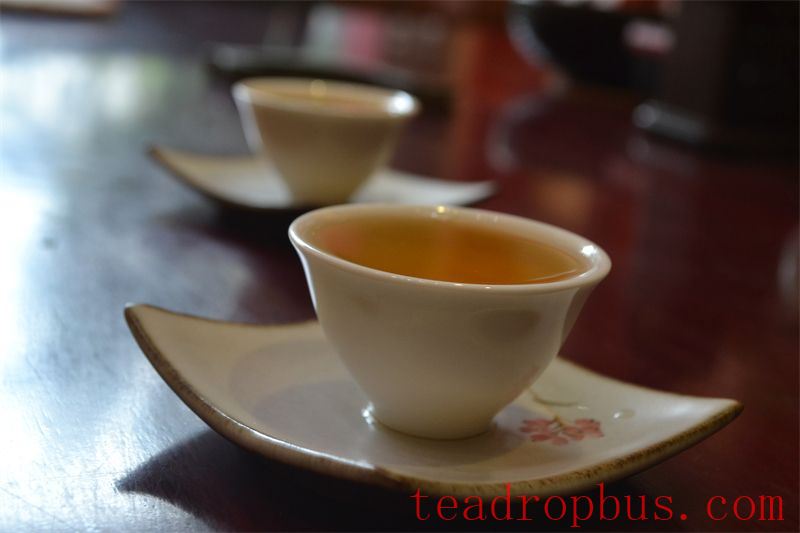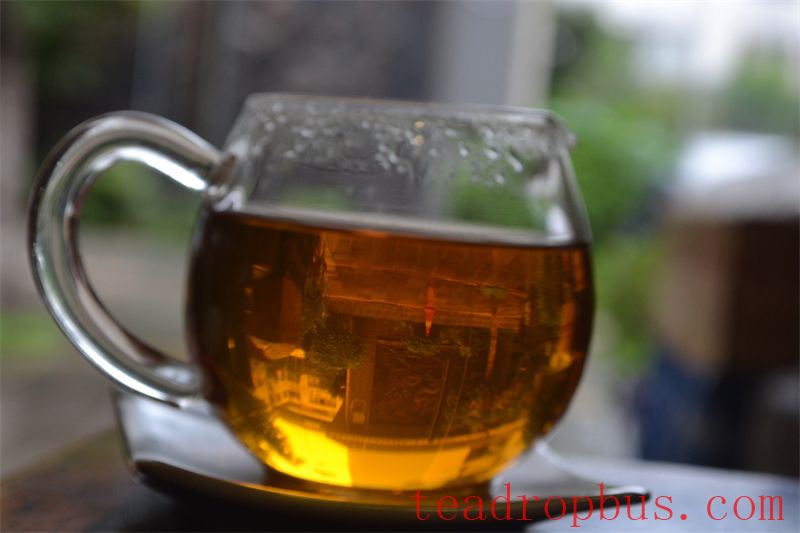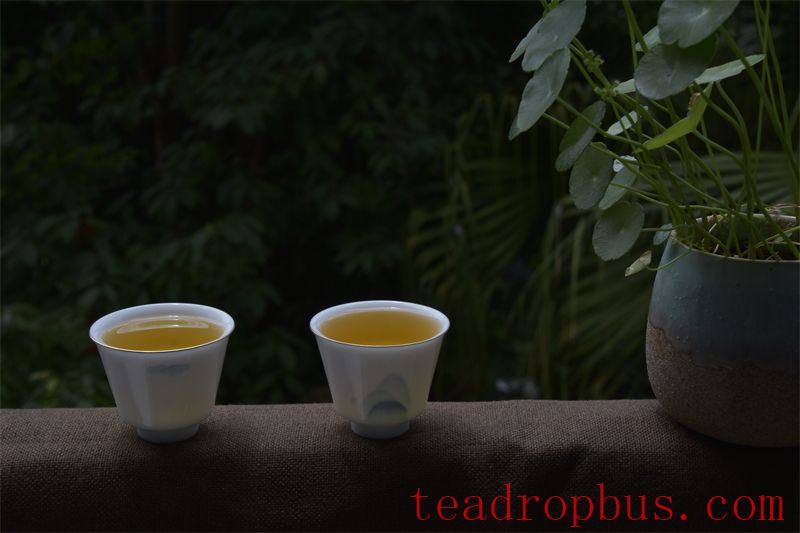Lu Yu says in the “Classic of Tea” that while tea blossoms are rich in flavor, they lack fragrance—the aroma is concentrated within the leaves.
Almost all flowering plants in the world have fragrant flowers and plain leaves. Flowers tend to be more precious than leaves. However, the tea plant is unique in that its leaves are more aromatic than its flowers. For tea, the leaves take center stage, while the flowers play a supporting role. Though the flowers vie for attention with their beauty, the leaves stand proudly among them.
Only by immersing itself in boiling water can a tea leaf fully stretch its sinews and release its energy and value, emitting the most intense fragrance of life.
Bitterness is the true flavor of tea, just as it is the true flavor of life. Good tea is always bitter before it becomes fragrant, much like how life is a mix of joy and sorrow, to be savored and reflected upon.

Sometimes, the most bitter moment heralds the arrival of fragrance; at the sweetest times, bitterness may lurk beneath…
The greatest disappointment in Drinking Tea is finding bitterness instead of sweetness; replacing joy with worry; turning happiness into pain.
The greatest pleasure in drinking tea is finding sweetness amidst bitterness; transforming worries into joy; converting pain into happiness…
Drinking tea daily, one tastes through the seasons; drinking tea throughout life, one tastes through existence. In savoring tea, one also savors nature, time itself…
To appreciate the flavor of tea and understand its essence means to do so with elegance and with the heart.

In drinking tea, one savors the heart, infusing the bitterness of life into water to boil, creating cups of faint yet soothing fragrance.
Good tea cannot exist without good water. Tea, being a very spiritual plant, when combined with natural water, becomes a fragrant elixir, allowing one to taste the flavors of the four seasons; when blended with the water of the soul, it becomes a spirit-enriching drink, enabling one to fully experience the true essence of life.
The Ming Dynasty's “Tea Notes” states: “Water is the mother of tea.” Even the finest tea cannot be without water. Good tea requires good water. The taste of tea brewed with different waters—spring water, river water, well water, lake water, rainwater, snow water—varies.
The ancients said that eight-point tea paired with ten-point water becomes ten-point tea; but eight-point water used to Brew ten-point tea will only result in eight-point tea. Water without tea remains water, albeit bland; tea without water is no longer tea.
The fragrance of a drop of water lies in the tea, while the aroma of a leaf of tea lies in the water. Water is the soulmate of tea, and tea is the elevation of water.
Tea blooms its entire life for water, which in turn becomes fragrant because of the tea. The companionship between tea and water is the most intoxicating emotion in the human world.

Each type of tea has its own unique flavor, and even teas from the same region can differ in taste.
And each person who drinks tea experiences their own unique flavor, with each sip offering something new.
No matter how good the tea, it may not suit everyone's palate; even the most bitter tea can bring out fragrance for some. The taste of tea varies depending on the time, place, season, weather, scenery, atmosphere, and mood.
Under the moon, by the flowers, in the bamboo grove, in the rain, or under the snowy night sky, tea offers a thousand flavors, just as people do. One cup of tea, one moment, understood, can be remembered forever, fragrant for a lifetime.